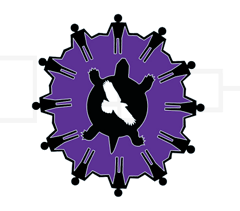Abstract
Abstract
Alaska Native Peoples have experienced historical trauma and contemporary oppression, which may negatively affect their well-being. We present preliminary results from a project that investigated the relationships between historical trauma, cultural pride and connectedness, and mental health among Alaska Native Peoples, with the specific intention of exploring the potential benefits of cultural pride and connectedness in protecting and enhancing mental health. Using culturally-responsive and appropriate research protocol, the research team collected information from 66 Alaska Native participants. Preliminary findings suggest that individuals who have more thoughts about historical trauma and who experience more negative emotions related to historical trauma tend to experience more psychological distress and depression symptoms. However, cultural pride and connectedness was found to be related to fewer thoughts and negative feelings about historical trauma, as well as fewer experiences of psychological distress and depression symptoms. These findings highlight the importance of developing culturally-based and appropriate programs that enhance individuals’ pride toward, appreciation of, and connection to their cultural heritage – a concept known in psychology as collective self-esteem.
Recommended Citation
Woods, Tina Marie; Zuniga, Ruth; and David, E. J. R.
(2012)
"A Preliminary Report on the Relationships Between Collective Self-Esteem, Historical Trauma, and Mental Health among Alaska Native Peoples,"
Journal of Indigenous Research: Vol. 1:
Iss.
2, Article 1.
DOI: https://doi.org/10.26077/9ypc-5b89
Available at:
https://digitalcommons.usu.edu/kicjir/vol1/iss2/1

